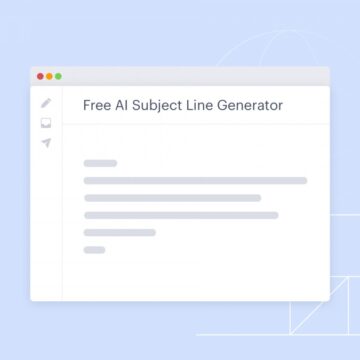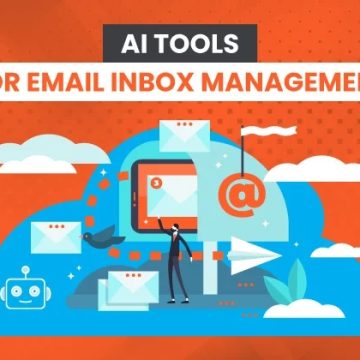Accounting automation is the use of technology to automate accounting and financial processes that were previously manual. The purpose of accounting automation is to make accounting more efficient, accurate, and cost-effective.
Automation reduces the time and effort required to perform accounting tasks and minimizes the risk of errors.
Need for accounting automation
The need for accounting automation arises due to the increasing complexity of accounting processes, coupled with the growing volumes of data that businesses must process. Manual accounting processes are prone to errors, which can lead to financial losses and legal issues.
The use of technology can eliminate the risk of human error and ensure accurate and timely reporting. Furthermore, automation can save time and resources, allowing businesses to focus on more strategic tasks that can contribute to growth and profitability.
Here’s How Accounting Automation Can Help Businesses Stay Ahead Of Competition: A Detailed Guide
- Streamlining accounting processes
Accounting automation can streamline accounting processes, such as accounts payable, accounts receivable, and payroll. These processes involve a significant amount of data entry, which can be automated using software. Automation can also eliminate the need for manual data entry and reduce the risk of errors.
- Improved accuracy
Accounting automation can improve accuracy by eliminating the risk of human error. For example, software can be used to reconcile bank statements, ensuring that all transactions are accounted for accurately. Automation can also ensure that financial statements are prepared in accordance with accounting standards, minimizing the risk of financial statement restatements or legal issues.
- Real-time reporting
Accounting automation can provide real-time reporting, allowing businesses to make informed decisions based on up-to-date financial information. Real-time reporting can also help businesses identify trends and patterns in their financial data, which can be used to make strategic decisions.
- Cost savings
Accounting automation can save costs by reducing the need for manual labor and minimizing the risk of errors. Automation can also reduce the time and effort required to perform accounting tasks, allowing businesses to focus on more strategic tasks that can contribute to growth and profitability.
- Increased productivity
Accounting automation can increase productivity by reducing the time and effort required to perform accounting tasks. Automation can also eliminate the need for manual data entry, freeing up employees to focus on more strategic tasks. Increased productivity can help businesses stay ahead of competition by allowing them to complete tasks more quickly and efficiently.
- Better compliance
Accounting automation can help businesses stay compliant with accounting standards and regulations. For example, software can be used to generate financial statements in accordance with accounting standards. Automation can also ensure that all transactions are recorded accurately and that financial statements are prepared on time.
- Improved decision-making
Accounting automation can improve decision-making by providing real-time financial information that can be used to make informed decisions. For example, businesses can use financial data to identify opportunities for growth or areas that require improvement. Automation can also help businesses forecast future financial performance, allowing them to plan accordingly.
- Enhanced Data Security
Accounting automation can enhance data security by reducing the need for manual data entry, which can be a source of errors and data breaches. Automation can also ensure that all financial transactions are recorded accurately, reducing the risk of fraud and embezzlement. Additionally, automation software can provide secure backups of financial data, protecting it from cyber threats and physical disasters such as fires and floods. Enhanced data security can help businesses build trust with their stakeholders and protect their reputation in the market.
Conclusion:
Accounting automation can help businesses stay ahead of competition by streamlining accounting processes, improving accuracy, providing real-time reporting, saving costs, increasing productivity, ensuring compliance, and improving decision-making. The use of technology can help businesses gain a competitive edge by allowing them to focus on more strategic tasks that can contribute to growth and profitability. Accounting automation is an essential tool for businesses of all sizes and industries, and those who adopt it early on will reap the benefits of improved efficiency and accuracy.
















